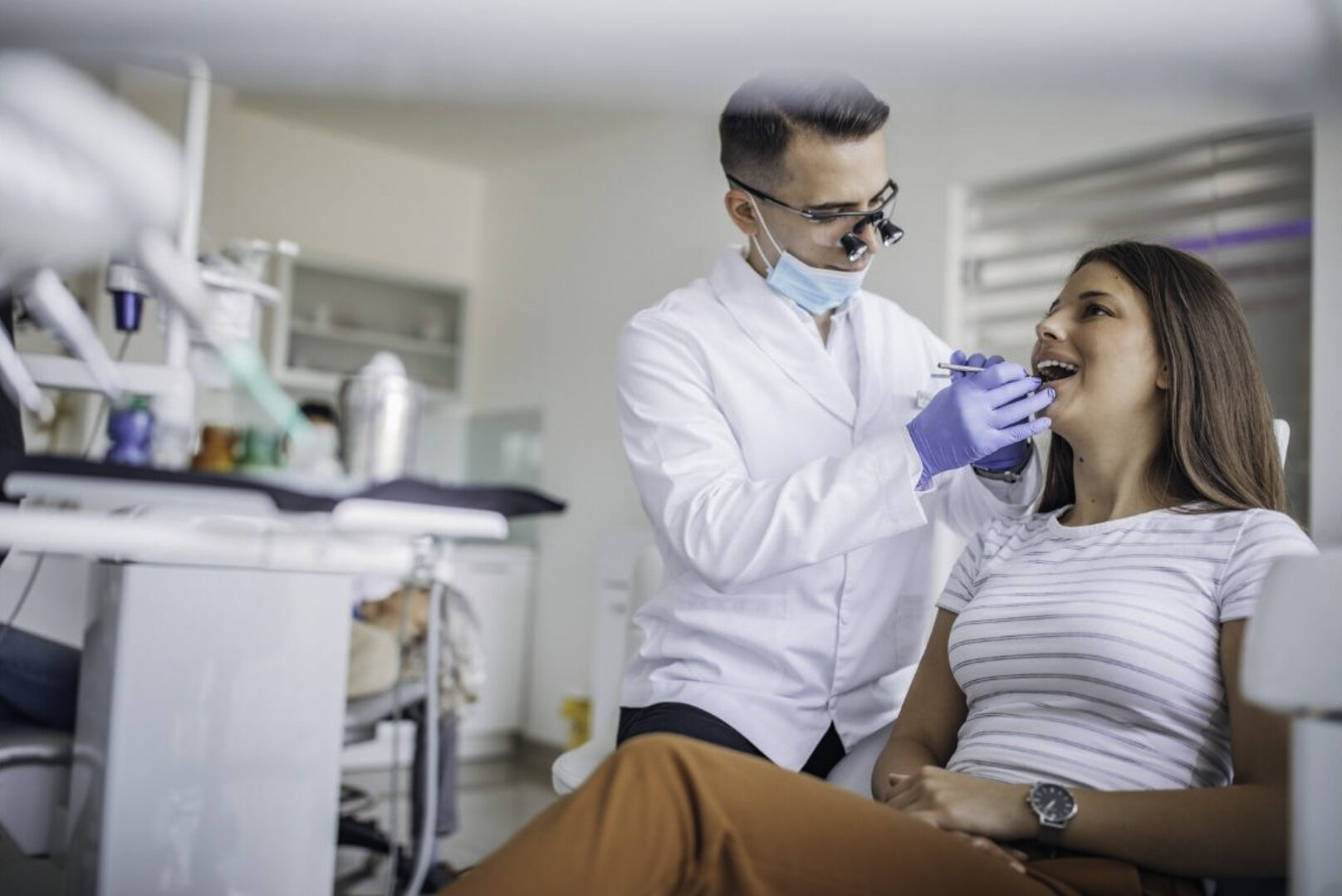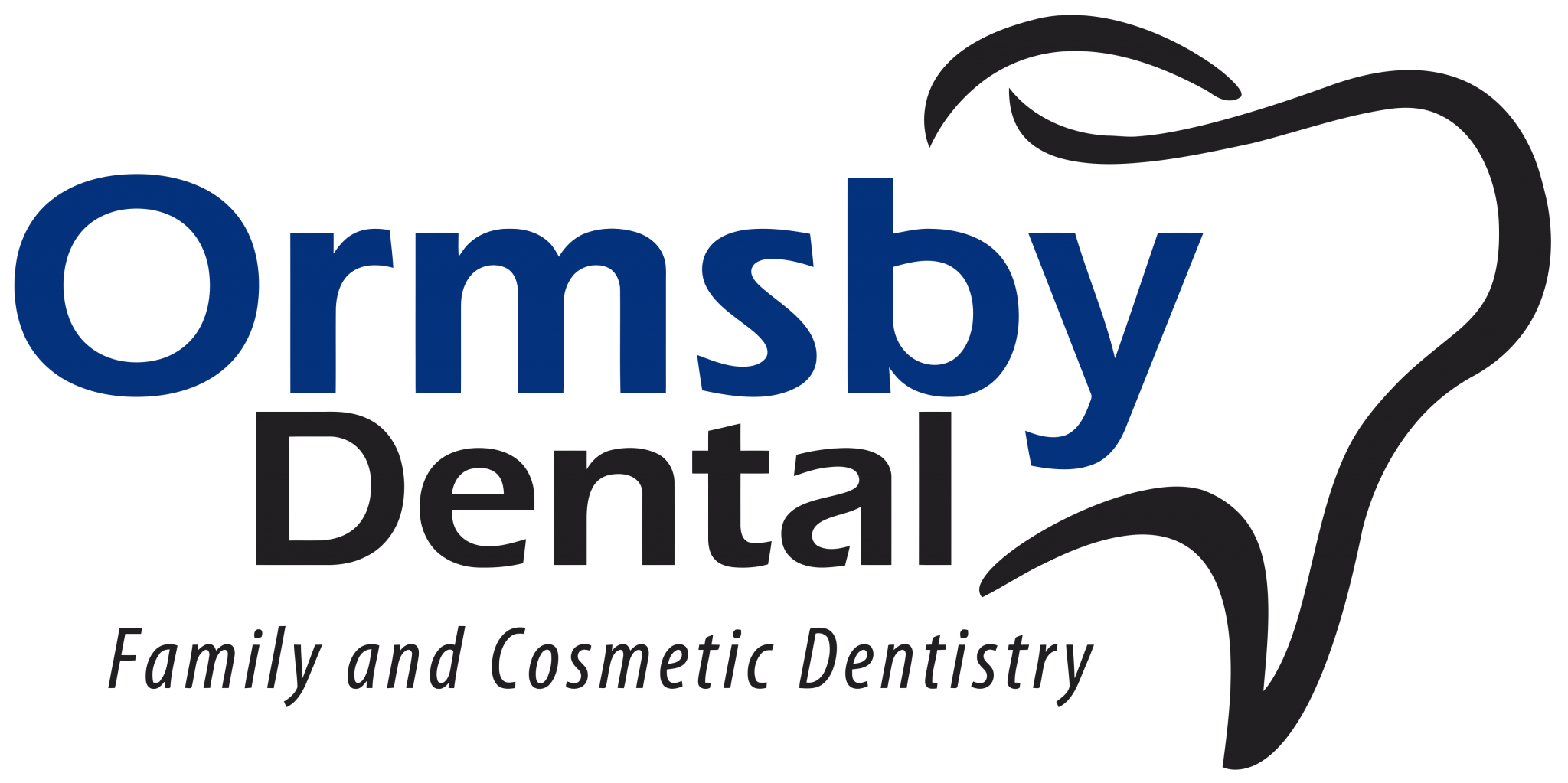If you’re seeing a dentist for a routine checkup, you may not realize that there are other important medical conditions your dentist can detect. That’s because dentists are trained to see the mouth as an extension of the body. Because of this, they’re looking for signs of disease and infection in a way that other healthcare professionals aren’t. As the first line of defense, they’re in the best position to spot illnesses and conditions at their earliest stages. This can help prevent them from becoming more serious.
Some conditions that dentists can detect during routine checkups include:

Diabetes
Left untreated, diabetes can lead to serious health problems like heart disease and kidney failure. But the first symptoms are often very subtle and easily mistaken for other things. One of the earliest warning signs is a change in a patient’s breath. Dentists report that they’ve seen a marked increase in patients with diabetes since they started testing urine samples during routine dental exams—many don’t even know they have it yet! If you have diabetes, your dentist should periodically monitor your gums for signs of infection and inflammation.
Cancer
Mouth cancers are relatively rare, but dentists do occasionally find something suspicious on a routine exam—even if there’s no clear evidence of oral cancer or any other health problem right now. The most common locations for this type of cancer are the tongue and gums, so dentists know to look carefully at these areas when they’re examining their patients. Your dentist may refer you to a specialist if anything seems suspicious or unusual during an exam.
Osteoporosis
Osteoporosis is a condition that causes bones to become fragile and weak over time due to low amounts of calcium in the blood stream. Bone loss occurs most frequently in older women, but it can affect men as well as children with rickets or other medical conditions that cause poor nutrition or vitamin D deficiency. Dentists are trained to diagnose osteoporosis by looking at X-rays or conducting other tests such as blood tests or bone scans.
Anemia
Anemia is a condition that causes tiredness, weakness, and shortness of breath due to a shortage of red blood cells. Your dentist may be able to identify anemia by examining the color of your gums or tongue, as well as by looking for signs of fatigue during your appointment. The condition can be treated with supplements or medication from your doctor.
HIV/AIDS
According to the CDC, there are more than 5 million Americans living with HIV/AIDS. And while there’s no cure yet, doctors can detect the virus early on during routine dental exams. A dentist can detect it sooner by looking for signs of oral thrush, which occurs when Candida albicans yeast grows in your mouth and throat when your immune system is weak. This can be done in about two minutes using the oral fluid test.
GERD or Acid Reflux
GERD occurs when the stomach contents back up into the esophagus and cause heartburn. If you have heartburn more than twice per week, you may have GERD and need treatment by your doctor or gastroenterologist. Your dentist may be able to diagnose GERD through x-rays or other tests during an examination.
Dental Care Is More Than Just Brushing Your Teeth
Your dentist isn’t just there to look for cavities and make sure your teeth are clean. He or she is also checking for signs of more serious medical conditions hat could be affecting your mouth.
The American Dental Association recommends that you see your dentist at least once a year for a routine checkup. This includes an examination of your teeth and gums, as well as an oral cancer exam. During this time, your dentist will conduct a thorough review of your medical history and assess any potential risk factors for oral health problems. If necessary, he or she may refer you to another doctor or specialist for further testing and treatment.
Routine Dental Maintenance to Help Spot Medical Conditions
Regular dental checkups are often the first place medical conditions can be detected. This is why it is important to keep up with them. At Ormsby Dental in Murray, Utah, we always encourage our patients to get regular dental checkups. This ensures if something is wrong, we will catch it in the early stages. We also like to encourage patients to ask as many questions as they’d like regarding their health and oral care!
If you have any questions or concerns about your oral health, don’t hesitate to reach out at (801) 407-9956.


 Oral Cancer Awareness Month Is Here
Oral Cancer Awareness Month Is Here